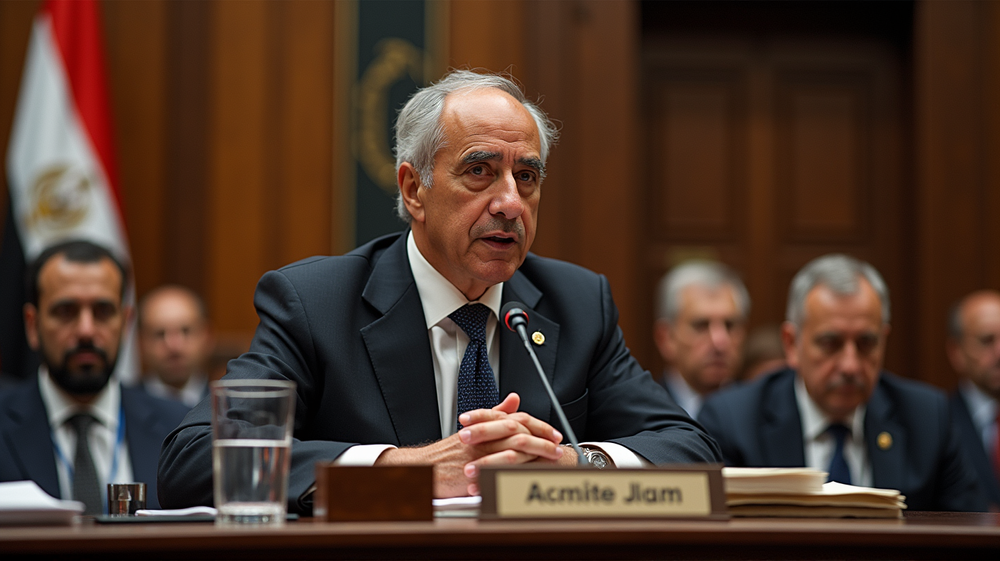In a poignant address at the recent emergency Arab-Islamic summit in Doha, Egyptian President Abdel Fattah al-Sisi rang the alarm bell regarding the potential fallout from Israel’s recent actions. With diplomacy hanging in the balance, President al-Sisi emphasized that peace, a hard-won prize for many in the region, might just slip through their fingers if not safeguarded diligently. According to Anadolu, the summit echoed with his urgent plea for cooperation among Arab nations to navigate the current geopolitical storm.
Uneasy Winds: The Summit’s Grave Undertone
“What is happening now undermines the future of peace, threatens security,” al-Sisi warned, presenting a stark portrait of potential conflict escalation. The summit was convened by Qatar following an Israeli airstrike in Doha, which claimed the lives of several Hamas leaders, thus sending ripples of unrest throughout the Middle East.
A Legacy at Risk
As the first Arab nation to make peace with Israel in 1979, Egypt stands as a sentinel for maintaining stability. President al-Sisi’s call was both a warning and a plea—a reminder of the intricate balance that peace agreements hold in the fabric of the region and the consequences when this balance is disrupted.
Seeds of Collective Action
In response to the crisis, King Abdullah II of Jordan underscored the necessity of a “strong regional response.” The summit highlighted the urgency for an “Arab-Islamic mechanism” to face any emerging challenges cohesively. King Abdullah’s call to action underscored a regional solidarity that many view as necessary to counter growing tensions.
Israel’s Reality Check
While the Doha attack stirred the summit’s proceedings, it also served as a crucial point of reflection for regional leaders. They pondered how far-reaching Israel’s actions could be and what it meant for the broader peace efforts in which many Middle Eastern nations have invested years of diplomacy.
New Paths Forward
Reflecting on the challenges, Egypt’s proposal to host Palestinian factions posits itself as a step towards dialogue and reconciliation. As the summit’s echoes fade, the world’s eyes turn back to the Middle Eastern horizon, watching to see if calls for peace are heeded before potential unrest arises, forever altering the sands of the region.
As expressed in Middle East Monitor, the path forward remains uncertain, yet the goal of peaceful cohabitation continues to inspire leaders like al-Sisi to advocate for progress amidst adversity.












